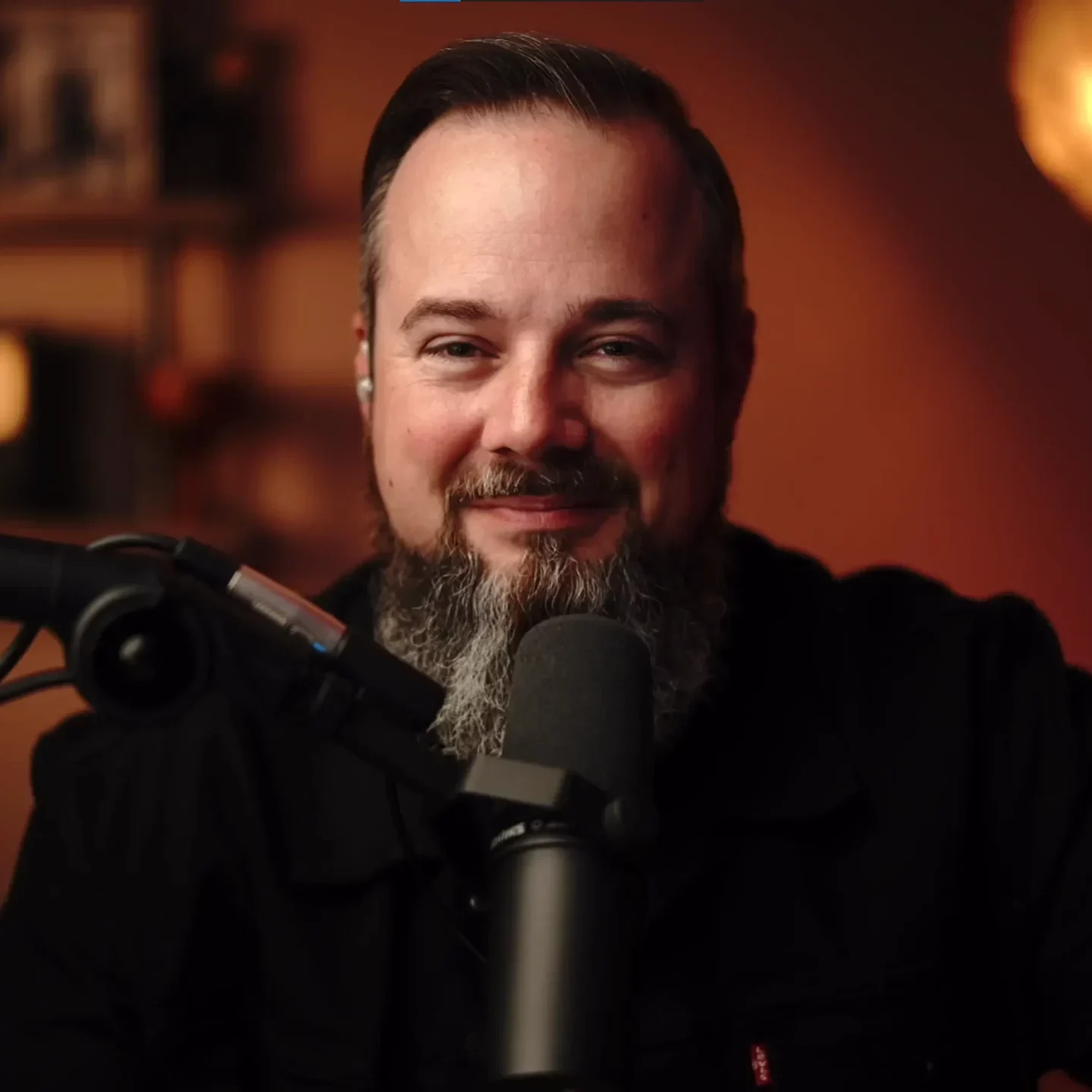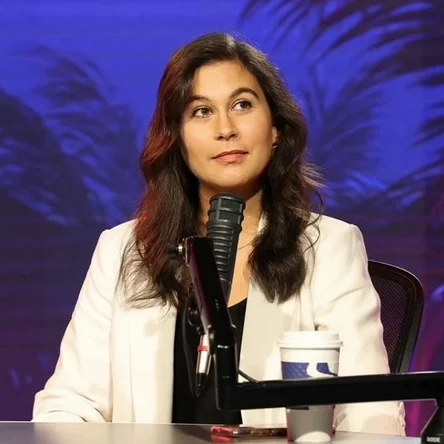Trump’s Crime Crackdown Is Working, But America Needs Long-Term Solutions

As successful as the president’s National Guard experiment has been at cracking down on crime in D.C., the debate over whether the White House has the power to deploy troops to other cities rages on. On Tuesday, Democrats erupted at the news that Donald Trump was ready to expand the Guard’s presence beyond the District and Los Angeles. Hinting that the city would be more cooperative than, say, Chicago, the president told reporters, “[We’re] working it out with the governor of a certain state [who] would love us to be there…” But some people can’t help but wonder: is militarizing the country really the solution?
No one denies the radical transformation the nation’s capital has undergone — almost overnight — with the presence of camouflaged men and women walking the District’s streets. Even the capital’s leftist mayor couldn’t help but praise the surge’s effects, admitting that she “greatly appreciates” the resources Trump unleashed on D.C. to stop the wave of homicides and carjackings. “We think that there’s more accountability in the system,” Democrat Muriel Bowser stressed, “or at least perceived accountability in the system that is driving down illegal behavior.”
Despite the impressive test case of D.C., blue states have been downright hostile to the idea of federal involvement in crime fighting. Illinois Governor J.B. Pritzker (D) and Trump have been at each other’s throats over the idea of flooding Chicago with troops to make the Windy City safer. “We’re not going to war,” Trump said Sunday after a firestorm ignited over his Saturday Truth Social post. “We’re going to clean up our cities,” Trump told reporters on Sunday as he left the White House. “We’re going to clean them up so they don’t kill five people every weekend. That’s not war, that’s common sense.”
Even so, there are experts — like former Secret Service Special Agent Tim Miller — who think it’s “problematic on a number of levels” to send Guardsmen to tackle local crime. “I understand the president’s dilemma. We have crime, violent crime. We saw [it] in Charlotte [and it’s] overtaking many areas of our country. The police, at the same time, because of the radical Defund the Police movement, they’re largely understaffed,” he pointed out. “And so, they’re quickly overwhelmed. And then we have judicial processes that don’t prosecute criminals once we do catch them.”
So yes, he agreed, the National Guard could be a short-term solution, “but it’s designed to be an emergency response to overwhelming situations.” As a former police officer, Miller also recognizes that law enforcement undergoes “intensive training [on] how to protect citizens’ rights, while at the same time exacting justice and keeping the order. … [H]aving worked with the National Guard units,” the founder of Lionheart International Services told Family Research Council President Tony Perkins on Monday’s “Washington Watch,” “I think they’re great people. They come in during emergencies, but they’re simply not trained or equipped to understand the protection of civil liberties while also enforcing law enforcement. So I think it can be problematic.”
Perkins agreed, warning about the opportunities for abuse. “I’m always looking ahead. … I did not support the Patriot Act back when George W. Bush proposed that [law], because I saw that it could be misused. And my concern is the militarization of our country, where, yes, lawlessness is rampant. Of course, the Bible tells us it’s going to be that way toward the end of time. But what rights, what freedoms will we surrender in order to have that security, or at least the perception of that security? Do we want to be like a third-world country, where we have people walking around in camouflage uniforms with submachine guns?”
At the same time, Miller pointed out, “this country is in a very unique situation. If you think about some of the liberal policies we’ve all had to endure, that ridicule [police] openly, that dox ICE agents right to where their families are at risk. We are going to a critical point where law enforcement officers are walking away from the profession, and that is a scary place to be.”
In red states like Louisiana, leaders welcome the unorthodox approach to get the dangerous areas like New Orleans under control. State Attorney General Liz Murrill (R) told Perkins on Saturday’s “This Week on Capitol Hill” that it “makes all the difference in the world in terms of how we are able to capture that assistance and deploy it to help bring crime down in our state and our cities.” She reminded people of the horrible tragedy on Bourbon Street on New Year’s Day this year. “We saw how effective that can be after January 1st. This year [when] we had a lot of federal assistance on the ground in New Orleans, we were all standing side by side in the streets of New Orleans to make sure that the city was safe, and it was extremely effective,” she underscored to Perkins.
But then, she reminded people, “We’ve [also] seen it after every hurricane that we’ve ever had. I mean, the National Guard’s job is essentially to help manage civil problems inside the state. And when you federalize them, you essentially say that the federal government’s going to pick up the pace [and] pick up the check. Most of the time,” she explained, “they are still under the supervision of the same officers. They’re just operating now under federal status. And that goes up the chain through the federal military department.”
Her governor, Jeff Landry (R), has openly accepted Trump’s invitation to work alongside the Bayou State in protecting families and local citizens. “We will take President Trump’s help from New Orleans to Shreveport!” he replied.
At the end of the day, Perkins said, “I’m grateful for what the president is doing with the National Guard — it’s like a strong antibiotic that’s dealing with an infection, or at least the symptoms of that infection.” The concern is striking a balance. We can’t sacrifice freedom for security.
To that point, Miller insisted, there are ways we can pull the country back from the brink of this lawlessness we’re seeing in Democratic-run cities. “People are genuinely afraid of the rising crime. So I think to your point, we have to begin to restore the fundamental value of law enforcement, actually support them in the court systems. Quit making them the enemy, as many have done, and get back to where we need to be,” he reiterated. “Because I agree with you wholeheartedly: we do not want the U.S. military or the National Guard to be the foundation for peace and security in our country.”
And frankly, it never could be. “The true underlying issue is the spiritual decay in our country,” FRC’s president cautioned, “and that can’t be addressed by the government.” Ultimately, Perkins emphasized, “it’s going to be incumbent upon the church and Christians to really deal with the spiritual malaise in this country if we want to address the law and order issue.”
“One hundred percent,” Miller agreed.
Reprint from The Washington Stand by Suzanne Bowdey – editorial director and senior writer at The Washington Stand.
MORE FROM SUZANNE BOWDEY
For more news with Christian insight from Suzanne Bowdey, follow and subscribe to The Washington Stand.
CLICK HERE for more articles by Suzanne Bowdey.
Follow and connect with Suzanne Bowdey, The Washington Stand, and the Family Research Council
Support the work of Suzanne Bowdey, The Washington Stand and the Family Research Council by using the icons below to follow them on social media and subscribe to their newsletters.
Thank you for your support.
If you appreciate the work we do to spread the good news of Jesus Christ, please consider giving a gift to help us continue this work. Maranatha!
Click an icon below to share this post.
All articles, including blogs and guest articles, published on Encounter News are owned by Encounter Today and Encounter News. The use of any content created and published by Encounter News may be quoted but attribution is required.
Portions of Encounter News articles may be used for reprint and republish purposes, but Encounter News MUST BE CREDITED.
All reprinted or republished articles must:
(1) Identify the author of the article.
(2) Contain the Encounter News byline at the beginning of the article and a hyperlink “Encounter News” to the respective article on the Encounter News website.
(3) Contain, at maximum, three paragraphs and then link back to the original article.





































